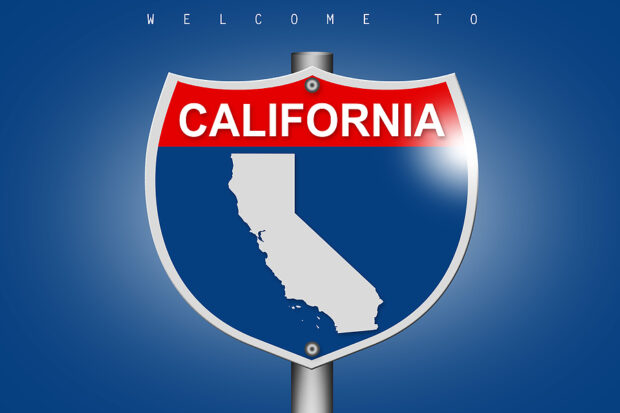The California Department of Insurance (CDI) announced two settlement agreements with Go Maps Inc. and its insurance underwriter, Topa Insurance Company after an investigation revealed consumer claims were mishandled for more than two dozen drivers.
Go Maps surrendered its insurance license and agreed to pay a $150,000 fine and $50,000 in cost reimbursement. In addition, the insurance seller agreed to provide the CDI all information necessary to ensure statutory requirements are fulfilled in regards to existing policyholders.
Topa was fined $2,108,000 and agreed it will have permanent access to all policies managed by any future general agents and will certify all general agents and entities hired by general agents are properly licensed. In addition, the online auto insurer won’t seek money from consumers who may have been undercharged as a result of rating mistakes in the Go Maps/Topa program.
According to the CDI, Go Maps is an InsurTech that used an app-based marketing platform to sell and transact its insurance business for Topa. InsurTechs and insurance companies that use them to market and manage their products must follow California consumer protection laws and have the insurance expertise and licensed individuals in place to properly transact insurance in this state.
In 2019, Go Maps entered into an agreement with Topa to perform all the functions necessary for the sale, service, management and claims handling of Topa’s private passenger automobile policies that were sold to the public through the Go Maps app, according to the CDI.
The Go Maps/Topa program had more than 10,000 California customers representing the majority of its estimated 12,000 policies nationwide.
The CDI said that Go Maps’ and Topa’s failures to follow California’s consumer protection rules forced drivers to pay for rental car expenses and other costs while their insurance claims were delayed.
Other violations by Go Maps and/or Topa cited by the CDI:
- Failed to pay claims within 30 days after coverage was determined or a settlement was reached. For one consumer, the companies missed the deadline by 52 days. The average delay was more than 24 days beyond the legal 30-day claims payment deadline.
- Failed to acknowledge claims, provide necessary forms or instructions, or begin investigations within the statutory 15-day requirement. For one consumer, the companies missed the deadline by 30 days. The average delay was more than 8 days beyond the legal 15-day requirement.
- Failed to respond to consumers’ inquiries about their claims within 15 days. For one consumer, the companies missed the deadline by 25 days. The average delay was more than 11 days beyond the legal 15-day requirement.
- Failed to deny or accept claims within 40 days. For one consumer, the companies missed the deadline by 66 days. The average delay was more than 25 days beyond the legal 40-days deadline.
- Hired an unlicensed insurance adjusting firm to adjust claims.




















 Self-Driving Cars Could Lead to Changes in Traffic Lights
Self-Driving Cars Could Lead to Changes in Traffic Lights  2024 Atlantic Hurricane Season Expected to Be Busier Than Usual
2024 Atlantic Hurricane Season Expected to Be Busier Than Usual  Berkshire Wary of “Fashionable’ Cyber Insurance, AI
Berkshire Wary of “Fashionable’ Cyber Insurance, AI  Buffett’s Berkshire Reveals $6.7B Stake in Insurer Chubb
Buffett’s Berkshire Reveals $6.7B Stake in Insurer Chubb 



